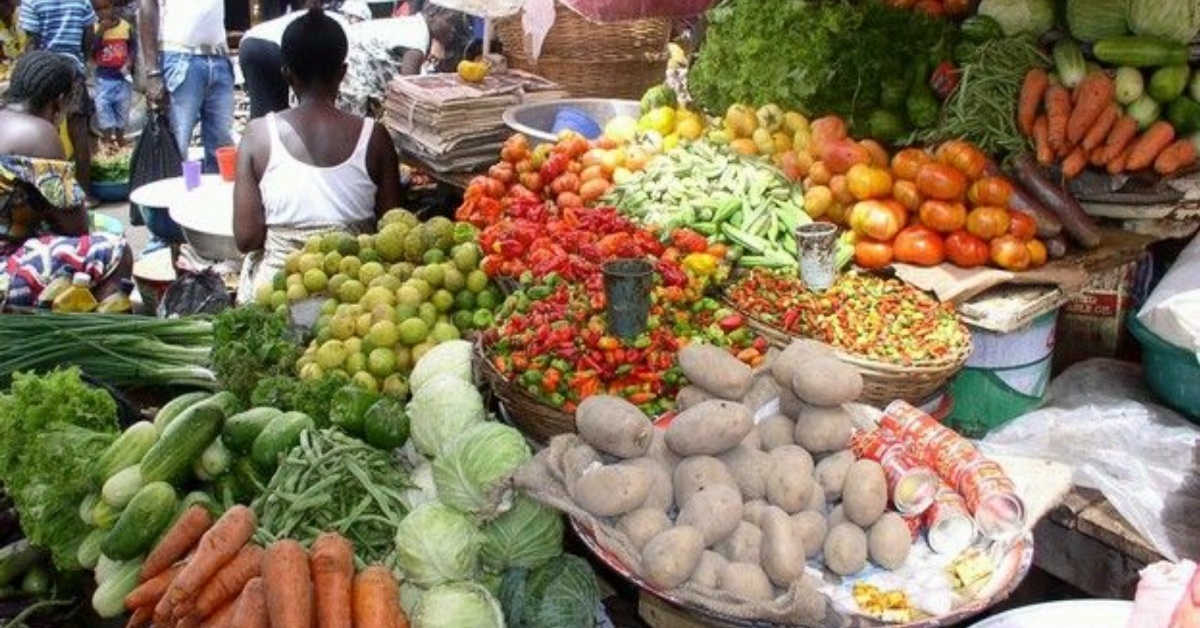The latest quarterly Sierra Leone Market Prices Bulletin from @WFPS_Leone underscores a worrying trend: the purchasing power of the average Sierra Leonean continues to erode, driven by escalating prices of essential staples and stagnant minimum wage rates.
As of June 2024, a monthly minimum wage now buys approximately 34 kilograms of imported rice, down from 44 kilograms in June 2023.
Despite a stable macroeconomic performance in the second quarter of 2024 compared to the previous quarter attributable to a reduction in inflation rates and steady exchange rates, inflation remains a pressing concern. The year-on-year headline inflation rate decreased to 31.93% in June 2024 from 47.42% in January 2024. Food inflation also saw a reduction from 49.82% to 27.0% over the same period. However, these improvements have not alleviated the challenges faced by households, which struggle with the high cost of food and other commodities.
Several factors contribute to the persistent high food prices. The abolition of rice subsidies, trade barriers (such as taxes and export bans), rising transport costs, currency depreciation, and the global impact of the Russia-Ukraine conflict have all exacerbated the situation. The Food and Agriculture Organization (FAO) reports that cereal prices have surged by 25% to 40% above the five-year average, with Sierra Leone experiencing a 100% increase, paralleling Ghana’s rate.
This inflationary pressure has severe consequences for food security in Sierra Leone, where one in five citizens is now severely food insecure. The Leone has depreciated by 8% against the US Dollar over the past year, from SLE 21 in June 2023 to SLE 22.6 in June 2024.
Food commodity prices have shown significant increases, with local rice prices rising by 15% and imported rice by 13% in the second quarter compared to the previous quarter. From June 2023 to June 2024, the national average price of local rice increased by 30%, and imported rice by 22%. Notably, in Port Loko and Kambia districts, the price of imported rice surged to SLE 24 per kilogram in June 2024, marking a 50% increase. This rise is attributed to higher freight costs and the elimination of the rice subsidy in March 2024.
As rice prices climb, demand for alternatives like cassava and its processed products, such as gari, has increased. Year-on-year prices for cassava and gari have risen by 14% and 28%, respectively. Conversely, the price of palm oil has decreased by 11% year-on-year.
The report highlights a declining Terms of Trade (ToT) for unskilled workers, indicating that the minimum wage’s purchasing power for imported rice has diminished. In April 2023, the minimum wage of SLE 800 could buy 44 kilograms of imported rice, but by June 2024, it could only purchase 34 kilograms. This trend reflects the broader economic difficulties faced by Sierra Leoneans as they navigate rising living cost.


 1 Comment
1 Comment 









But the illegitimate Bio government was just very recently, trying to convince us that inflation is down. I keep saying that they keep trying to lie to us, put out all these press releases, have town hall meetings, thinking if they say it, we will believe it, as if people don’t know they are going to bed hungry en tin tranga. They are crazy. Four more years of things getting worse.